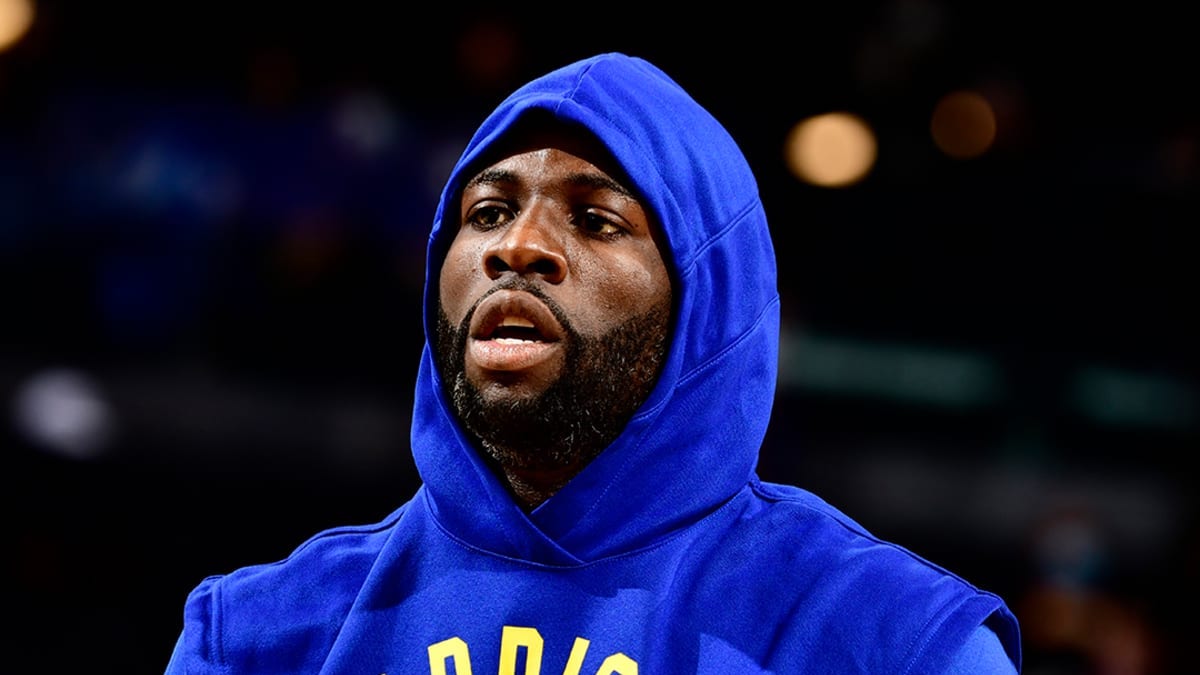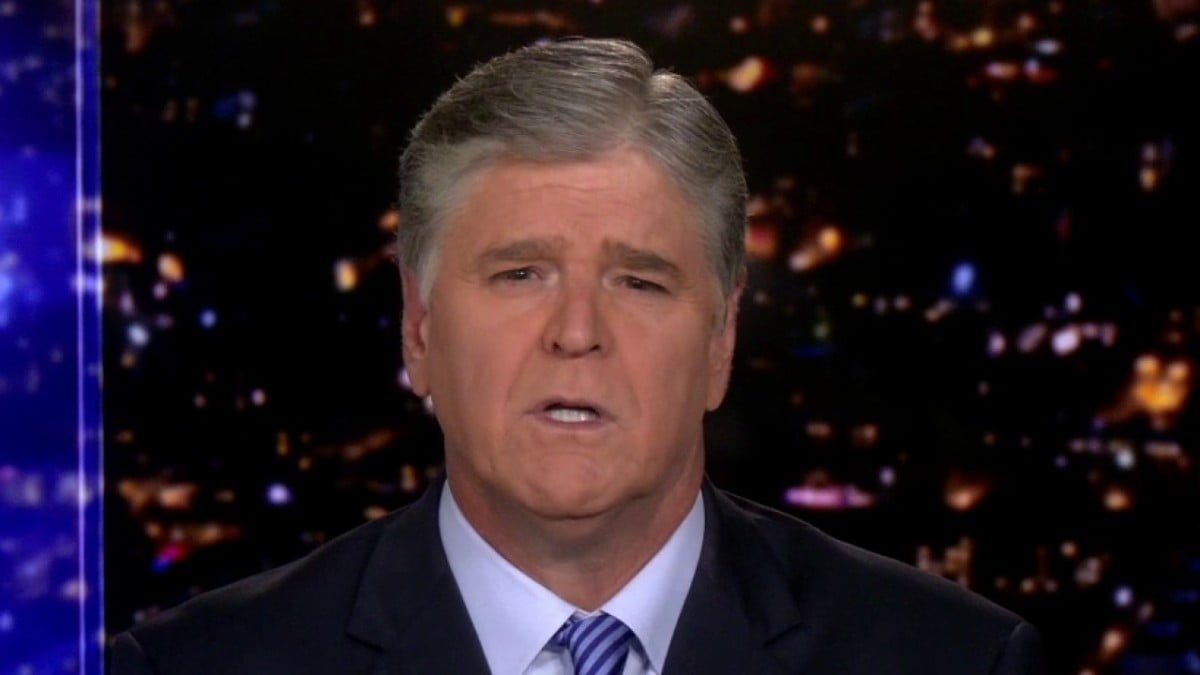Draymond Green’s recipe to save the sports-media media shows why he’s pretty much exactly what you’re looking for in broadcast talent.
“The game of basketball is such a beautiful game,” Green said on a podcast, “and it’s such a detailed game that there’s always something to talk about in this game that’s very interesting to people if you understand the game.”
It’s the total package.
- Strong point of view
- Established expertise
- Clear, charismatic communicator
- Conviction
What Green said next, though, showed why he is everything you want to avoid in a programmer or executive in the industry.
“The problem we have is people don’t understand the game,” Green said, “and they’re talking about the game. So some of these employers need to be held accountable, too. Stop putting people on here that can stir up the most controversy and let’s get back to teaching this beautiful game of basketball that we love.”
So in other words, Green wants to:
- Restrict access
- Eliminate alternative approaches
- Promote the sport itself
Now to be fair, there’s nothing inherently wrong with that last part. It only becomes an issue if a media company is promoting the sport at the expense of serving its actual customer, which is the audience. But I’m not going to dwell on this point.
For one, I’ve already talked about that in this space, but more importantly, I think that Green’s assessment of the current situation in our industry is equal parts promising and dangerous so let’s hear what he had to say during his appearance on “Point Forward” a podcast hosted by fellow NBA players Andre Iguodala and Evan Turner.
Green makes three points:
- Media is dying.
- The cause of death is that athletes can now communicate directly with fans, making journalists increasingly superfluous.
- The solution is to get back to focusing on the games, specifically, not interpersonal drama.
Let’s address the points in order:
Is media dying?
Yes but only one corner. The newspaper and magazine industries have been inarguably decimated, reducing the number of writers who, for so long, have had the most direct day-to-day access to the players. Local media has taken a hit, too.
But the price of broadcast rights are up. So are the salaries commanded by media figures from Adam Schefter to Dan Le Batard. Given how thoroughly I love Bomani Jones’s new HBO show Game Theory, I believe this report of the the media’s impending doom is greatly exaggerated.
Are traditional journalists less important in digital media?
Yes. At least the ones who function as the middle man, shuttling information and quotes about the team to consumers. Athletes and teams communicate directly to their fans in a way that was impossible 30 years ago. Press conferences that used to be summarized in the next day’s newspaper are now carried live on team websites. When an athlete criticized another player or coach, it was something said to a reporter. Now it’s posted on social media.
So what does a reporter do? Either find a new job or find information that the teams and the players don’t communicate to their fans. Green would describe this as “chasing controversy.” I call it economic survival.
Does Green have the recipe to save sports media?
No. He knows how he wants to do the job, and I think his vision combined with his skill set will make him wildly successful in any media ventures he participates in going forward. But his vision for the industry as a whole is just the latest version of the same stuff that athletes have been saying since the sports media started talking about what athletes were really like.
You always focus on the negative stuff … You don’t talk about the positive stuff … You never played the game … It’s easy to sit back and be a critic.
While athletes have more opportunities to participate in digital media on their own terms, athletes like Green are seeing the industry’s current economic struggles as a direct result of complaints they’ve always had about the business, which is a mistake.
The business problems in the industry largely relate to advertising, not to the audience. In fact, digital distribution means more people are consuming the product than ever. The underlying issue is an economic one related to advertising dollars. Green doesn’t understand any of that. All he sees is his own vision for how to cover the sport.
“Where I think they can stop themselves from dying,” Green said, “is do the job the way the job should be done and stop chasing bull(stuff) controversy. And that’s the issue that I have with media. The thing that I’ve learned the most since getting into the business, it’s a very simple thing I’ve learned, it actually doesn’t have to be done that way.”
He’s right in this regard: It doesn’t have to be done that way. Baseball is a great example. There is a whole corner of the press covering that sport that is so statistically oriented that concepts like a player’s personality and the chemistry of a team are not discussed at all. Instead, it’s spin rates and launch angle and barrel rates, and it sounds like Green wants to bring that kind of obsessive detail to the coverage of basketball.
The problem is Green’s conviction that this is the only way the game can — or should — be covered. It’s one approach, and potentially a viable one.
But reporters who focus on the personal drama are serving their customers, too. Green may not like that type of content or want to create that kind of content or interact with people who create that content, but it doesn’t mean it’s not viable nor does it mean that it’s inferior. It’s just a different way of providing coverage, and as a programmer or an executive, you need to have a full view of all the different approaches for a number of reasons.
First, not everyone is going to have Green’s level of expertise. Secondly, even if they do have Green’s expertise, they may not be able to communicate it as well as he does. But most importantly, if Green’s approach doesn’t resonate with the audience or interest as many people as he thinks it will, you better have some alternatives unless you’re going to sink or swim on the life raft that he’s building for the industry.
Danny O’Neil is a sports media columnist for BSM. He has previously hosted morning and afternoon drive for 710 ESPN Seattle, and served as a reporter for the Seattle Times. He can be reached on Twitter @DannyOneil or by email at Danny@DannyOneil.com.






